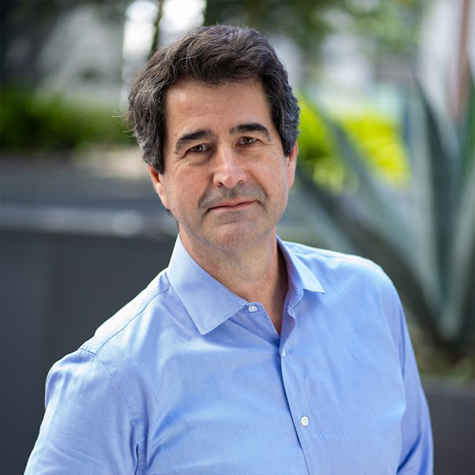The United States Secretary of State, Marco Rubio, issued on May 28, 2025, an announcement that states the following:
“Under President Trump’s leadership, the U.S. State Department will work with the Department of Homeland Security to aggressively revoke visas for Chinese students, including those with connections to the Chinese Communist Party or studying in critical fields. We will also revise visa criteria to enhance scrutiny of all future visa applications from the People’s Republic of China and Hong Kong.”
The announcement means that the State Department may soon begin revoking the nonimmigrant visas of Chinese students in the United States in F-1, M-1 and J-1 status based solely upon a “connection” to the Chinese Communist Party or, alternatively, academic study or research in a “critical” field.
Although the cancelation by the State Department of an F-1, M-1 or J-1 visa will not, by itself, cause the visa holder to have to leave the United States, it is likely that such a cancelation will be followed by a termination of the F-1 or M-1 visa holder’s Student and Exchange Visitor Information System (SEVIS) record by U.S. Immigration and Customs Enforcement (ICE). Such a SEVIS record cancelation would leave an F-1 or M-1 student without lawful status in the United States. SEVIS record cancelations have occurred with some frequency recently and were usually related to a student’s interaction with a law enforcement agency. As we reported in our Alert of April 28th of this year, these cancelations were halted and the relevant SEVIS records restored, probably in response to the multiple lawsuits filed to challenge ICE’s actions. We noted in our Alert that “It is likely that the current administration is studying alternative methods to restrict or prohibit foreign national students’ ability to remain in the United States”, and it appears that this is precisely what has happened.
Membership in, or affiliation with, the Chinese Communist Party has been a ground of excludability from the United States for many years now, if the basis for the membership or affiliation was meaningful, in the sense that the individual involved was aware of the party’s totalitarian nature. Secretary Rubio’s announcement also comprises persons with only “connections” (rather than membership or affiliation) to the Chinese Communist Party and it is likely that tangential or incidental relationships with this party will be used to justify a visa revocation.
The announcement also embraces Chinese students studying in “critical fields.” Such critical fields are not defined by Secretary Rubio, but it is possible that they could include fields listed in the State Department’s Technology Alert List (which includes popular fields such as advanced computer technologies, information security, robotics and AI), and the Critical and Emerging Technologies List maintained by the National Science and Technology Council. It is also possible that fields not listed in either of these sources will also be considered critical, given the aggressiveness promised by the announcement, which could include any field that appears in ICE’s STEM Designated Degree Program List.
The announcement also indicates that the State Department will “revise visa criteria” for all future visa applications by Chinese nationals (including persons from Hong Kong) in all categories, including non-student categories. There is no indication of what visa criteria are under revision, but it is likely that the expansion of required social media screening and vetting by consulates that is now underway at United States Consulates and that we reported on in a recent Alert will be part of this process.
Once visa revocations and SEVIS cancelations start occurring for Chinese students under Secretary Rubio’s initiative, it is certain that legal challenges will be mounted and that injunctions against such cancelations will be issued. As with all developments of this type, our office will continue to monitor the situation closely, especially with regard to clarifications from the State Department and ICE on how they plan to implement this new initiative.


